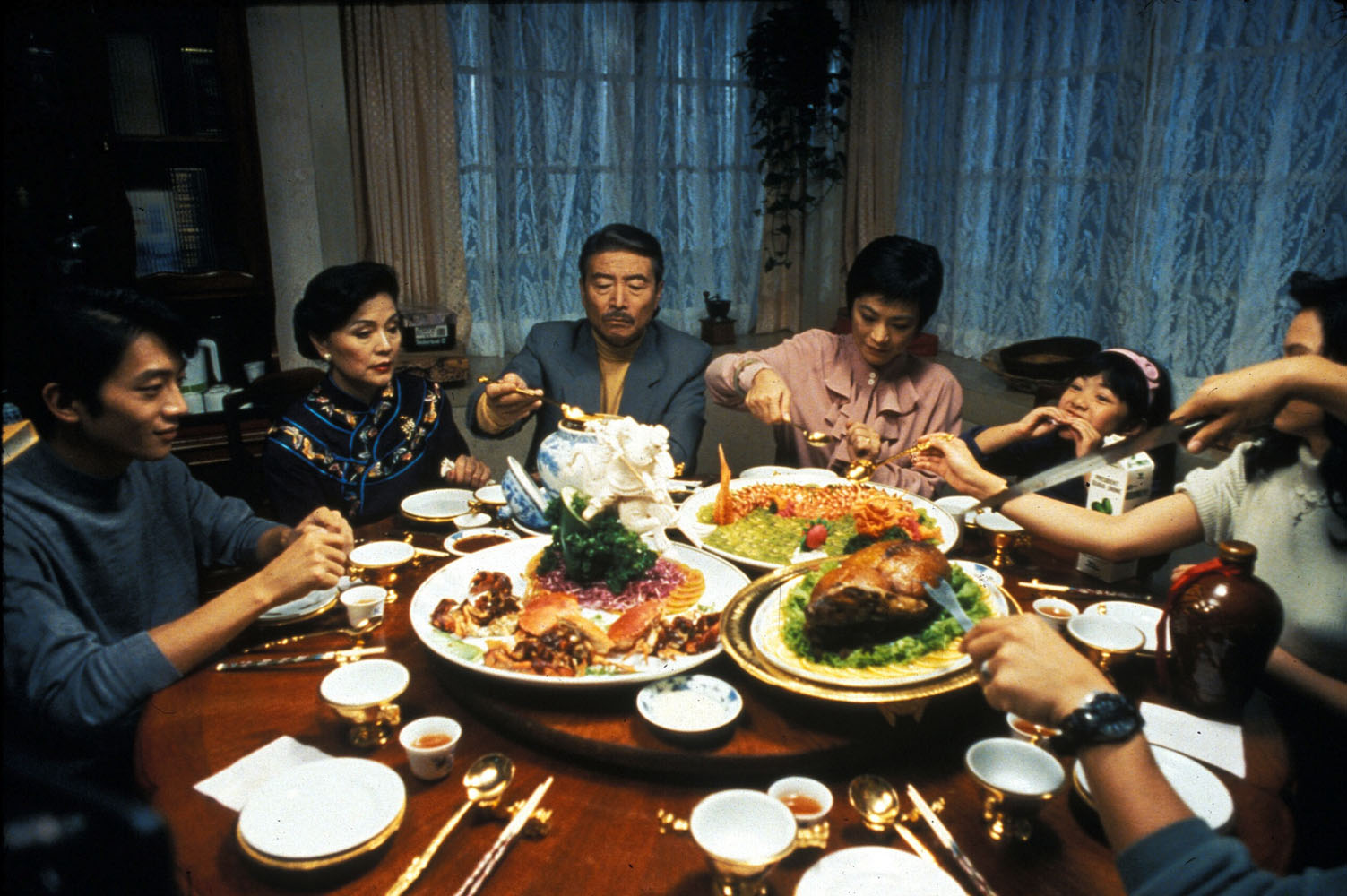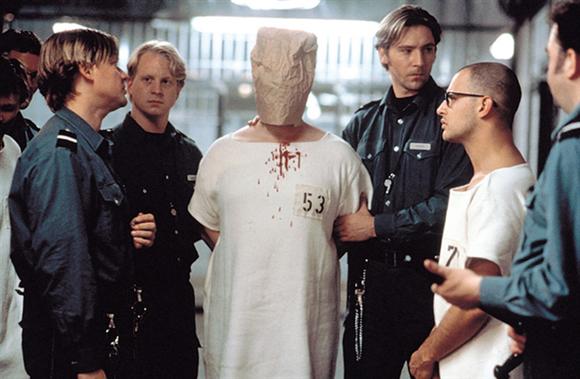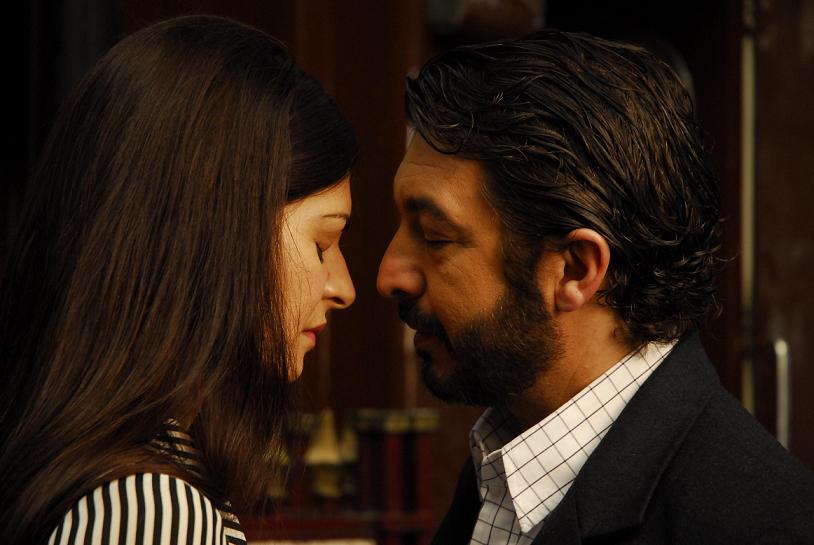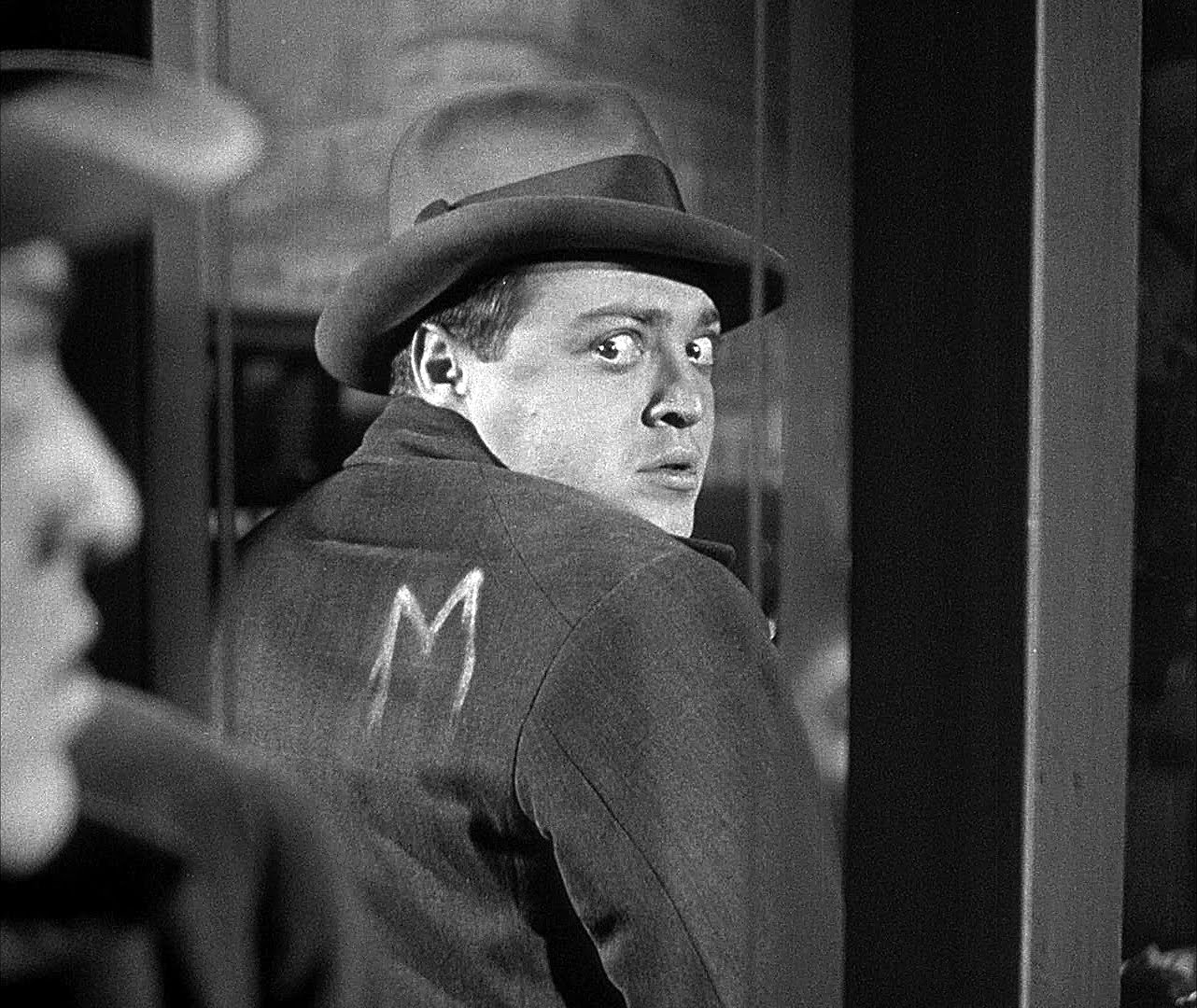
If the past few years in American cinema have shown us anything, it is that Hollywood is not shy when it comes to sequels, reboots and remakes. In fact, one could go as far as saying that it is one of its primary sources of profit nowadays.
Although this understandably paves the road for critics to claim that the colossus of the film industry is lacking new ideas or at the very least refuses to take risks with new films, audiences seem to respond to familiar stories and this gives studios incentive to continue in this manner.
This trend has often extended to foreign films, with many prominent pieces of cinema having over the years been remade for US viewers. Even though many know of famous adaptations such as Scorsese’s The Departed stemming from Wei-King Lau’s and Alan Mak’s Infernal Affairs, Leone’s A Fistful of Dollars being a shot-for-shot remake of Kurosawa’s Yôjinbô, or even The Sound of Music having a German predecessor in Die Trapp-Familie, there are a lot of American remakes of great foreign films that have for various reasons faded from memory.
Whether they were simply sub-par, badly marketed or everyone plainly chose to forget of their existence, the fact is that once upon a time some studio executives thought it wise to retell a famous story, only to have the end result lost in the annals of cinema.
Let’s explore 10 great foreign films you probably didn’t know had a Hollywood adaptation. Some spoilers will be present in the article, so tread with caution.
10. Intouchables (2011) – The Upside (2017)

Intouchables is a universally beloved French dramedy about Philippe, a wealthy quadriplegic and his caregiver Driss. The heartwarming tale of friendship and human perseverance won over audiences and critics alike, with its honest portrayal of a complex relationship between two people from vastly different backgrounds.
What starts off as a strictly professional relationship evolves into deep affection for each other’s well-being. Based on a true story, Intouchables is unafraid of showing the hardships of being disabled. The film works hard to develop its main characters and have them grow into better people before our eyes, thus earning the right to end on a hopeful note.
Widely released just this month, The Upside is an American retelling starring Bryan Cranston, Kevin Hart and Nicole Kidman. It premiered in the 2017 Toronto International Film Festival accompanied by terrible reviews and was shelved for more than a year due to the Weinstein scandal. Measuring up to the impact Intouchables had was certainly going to be an uphill battle and sure enough, The Upside falls short on both the dramatic and comedic standards set by its predecessor.
The film rarely tries to elicit emotion and the drama stems more from Dell’s family than Phillip’s disability. These minuscule subplots are hastily laid out and painlessly resolved without having any real consequence. On the other end, one would expect an improvement on the more light-hearted parts of the film, given that the two protagonists made their bones in comedy. Alas, The Upside takes a crude comedic approach which feels off given the tone of the film and quickly reaches diminishing returns.
The spirit of Intouchables will always live on, but you will not find any remnants of it in Neil Burger’s version.
9. Eat, Drink, Man, Woman (1994) – Tortilla Soup (2001)

Ang Lee’s third Taiwanese film is a beautifully crafted story of contemporary local culture and an attempt to reconcile traditional family values with modern ideas. Its success helped Lee make the transition to Hollywood and eventually work on bigger projects.
The story focuses on Mr. Chu, a retired Chinese chef, and his three daughters each of whom simultaneously embodies and challenges the narrow views of Taiwanese society. Each Sunday, Mr. Chu prepares a banquet for his family, during which important issues concerning their everyday life are discussed.
As the film gradually transitions to a new family dynamic, adding new members in the process, we are shown how life evolves. We are not always close to the ones we love, but such is life. Lee successfully presents the idea that our values are intrinsic and are not necessarily predisposed according to our cultural background.
Eat Drink, Man Woman represents unavoidable human desires. Love, food, sex, family and companionship. Each theme is ever-present throughout the film and each in a unique tone which blends the old with the new, the honorable tradition with the inescapable wave of modernity. It is a subtle, yet wonderful tale that is sure to awaken within you not only emotions but also a insatiable craving for Chinese food.
Seven years later, Tortilla Soup was released in the US. A bland westernized remake mainly targeted to Mexican-American audiences. The film does nothing to improve on the original story and seems content to simply alter certain details to better suit cultural differences between the two countries. In addition, the impact of the transition of ideas within the family feels noticeably lesser because it takes place in a less strict society in the first place.
8. Das Experiment (2001) – The Experiment (2010)

In the early 2000s, Oliver Hirschbiegel made his first feature film with Das Experiment, a harrowing story on the human condition, heavily influenced by the famous Stanford prison experiment that took place in 1971. The film itself is based on Mario Giordano’s novel (Black Box) which takes many creative liberties. As a result, the story is incredibly brutal and escalates to disturbing situations that become increasingly hard to watch.
However, Das Experiment’s goal is not to shock audiences but to expose the darkest corners of the human psyche while providing a strong message against authoritarianism. The latter is always accentuated when it comes from a German source, as one inadvertently makes a connection to the events of the 20th century. This part is of course not applicable to the American remake starring Adrien Brody and Forest Whitaker.
The major flaw of the US version is its unwillingness to go to the extremes the original film did. The events are more polished as if aimed at a more delicate audience. Dora’s arc from the German version is dropped altogether (which explains the big discrepancy between run times) and the end is by no means as savage as Hirschbiegel’s. The studio’s refusal to be as raw as the original makes the American version of the Experiment a flavorless endeavor that sabotages itself by constantly pulling its punches.
7. El Secreto de sus Ojos (2009) – The Secret in their Eyes (2015)

Ten years ago, Argentina became the first country in the Americas to win the Academy award for Best Foreign Language Film twice with Juan José Campanella’s El Secreto de sus Ojos. When a retired legal counselor attempts to write a novel, he is faced with an unresolved murder case from his past. The narration alternates between the present and the time when he was first assigned to the case and we are gradually introduced to a corrupted system and the toll it takes on everyday people trying to make a difference.
However, El Secreto de sus Ojos is more than a critique on Argentina’s unscrupulous judicial system during the 70s, an era which led to the rise of junta. What starts as an intriguing mystery, evolves into a deep exploration of how circumstance can have a detrimental effect on decent people, with frontier justice at the center of the story.
Hollywood decided to capitalize on the success of the original film in 2015, with the release of The Secret in their Eyes, starring Nicole Kidman and Chiwetel Ejiofor. Replacing the legal team with the catchier topic of FBI agents and setting the film in the midst of a terrorist investigation, the film already misses some of the appeal of the original. The remake needlessly decides to make the murder victim related to one of the agents, merging two very complex characters into a semi-developed one, which results in a complete mess and lacks the realism behind the Argentinian version.
Perhaps the worst offense of the US adaptation, is how it treated the iconic chase scene, a 5 minute uninterrupted shot which follows the protagonists through the Racing football stadium and ends with the suspect’s arrest. Full of cuts and impatience, the comparison between the two scenes can serve as an illuminating example of how a director’s decisions can make or break a film.
Adding to this effect, is how differently the two scenes end; whilst in the original Gomez is arrested by the police when he tries to cross the pitch, in the remake he is taken down by the protagonist himself in an attempt to transmit a sense of heroism to the viewer. It is these liberties that the American adaptation took that make it clear that the people responsible for its creation failed to recognize what made El Secreto de sus Ojos such a great film.
6. M: Eine Stadt sucht einen Mörder (1931) – Μ (1951)

Later dubbed as The Master of Darkness, Fritz Lang had already built a name for himself with films like Metropolis and the Die Spinnen duology, before transitioning to sound films. His first exploit into this new territory was to be his magnum opus. M is a dark thriller, incorporating a lot of the elements that later defined noir films, following a city-wide pursuit of a serial killer.
In an unconventional turn of events, the alert in which the authorities find themselves during this manhunt, causes problems to the Berlin underbelly which decides to conduct a search of their own. As a consequence, a race between the police and the criminals of the city begins. The expertly crafted story, through a number of dramatic turns, eventually lands Hans Beckert to the hands of the crime bosses, who set up a kangaroo court to convict him.
The film’s powerful message comes in the final act, with Beckert’s speech borrowing a “he who is without sin cast the first stone” tone and providing rich subtext both on society’s treatment of the mentally disturbed as well as capital punishment which was not abolished yet in the country. Lang’s version is thought-provoking and bears a strong underlying message.
Two decades later, Joseph Locey adapted the iconic story in the States but without much recognition or success. Locey’s version seems in a rush to get to a resolution, shaving 30 minutes off the run time and thus throwing away a lot of the suspense and mystery the original had. In the final speech, David Wayne gives a different sort of performance which is more reminiscent of Lennie from Of Mice and Men than it is of Hans Beckert.
Peter Lorre’s killer is more menacing, he transitions from anger to bargaining right before our eyes, he has the true makings of a mentally disturbed serial murderer. He is a big part of what makes M work in the first place and the American version fails immeasurably to compare to Lang’s masterpiece.